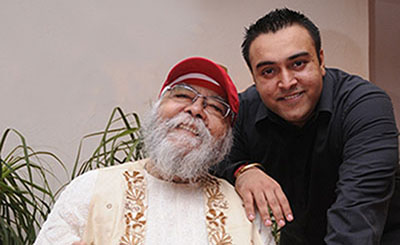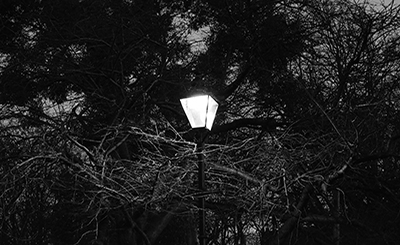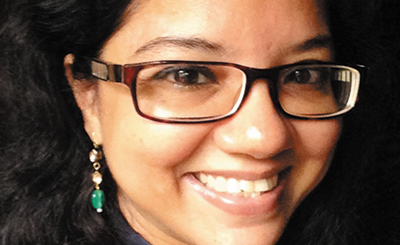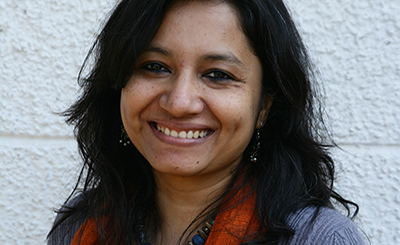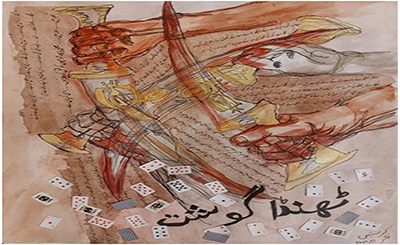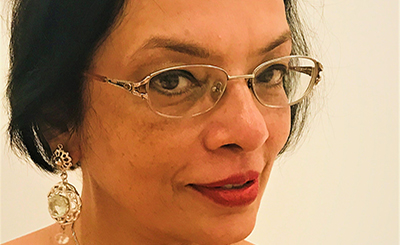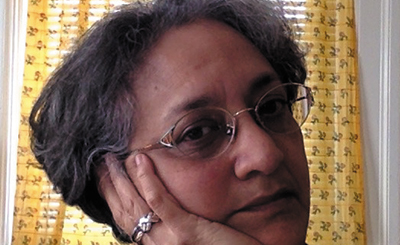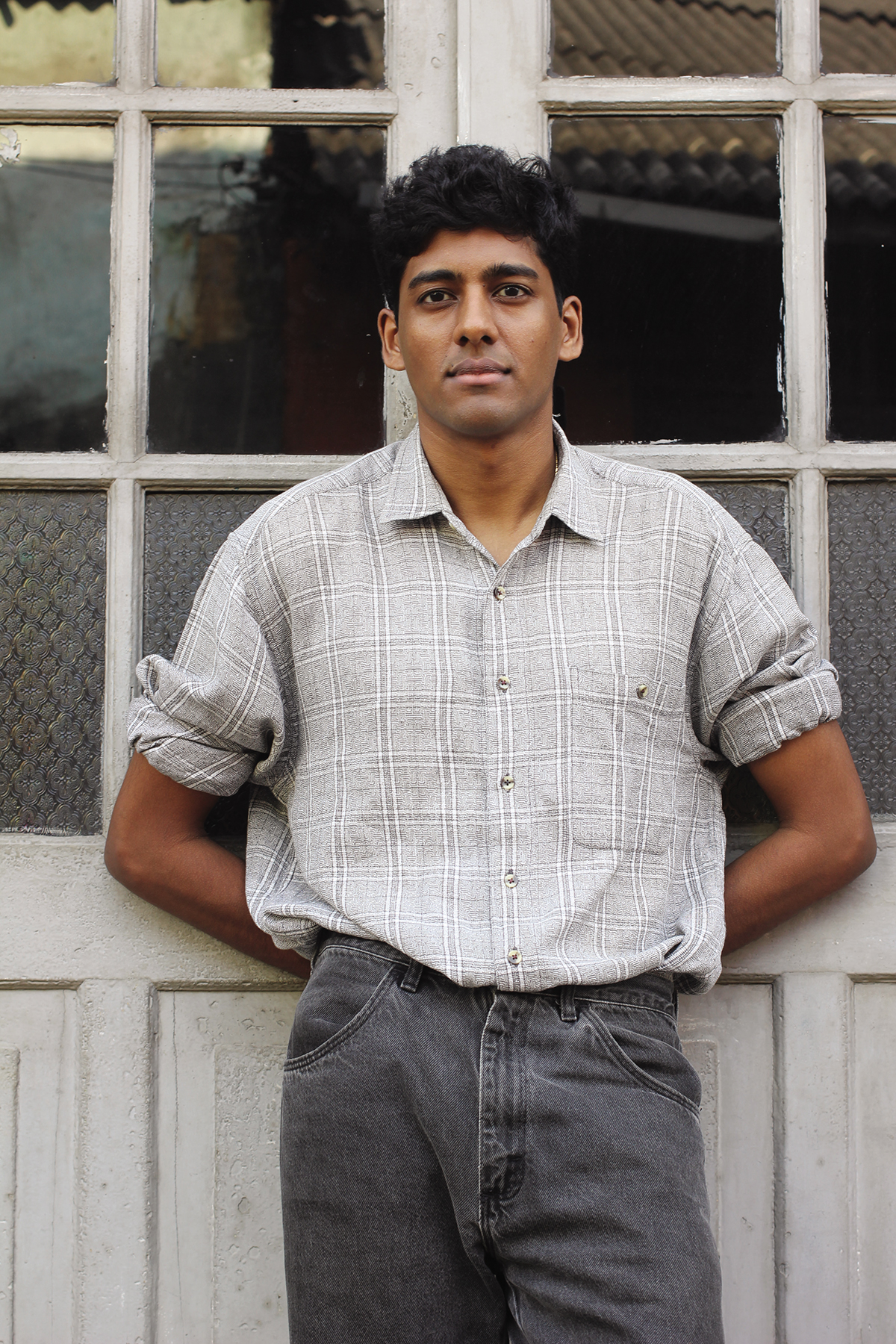
Anuk Arudpragasam. Photo courtesy: HarperCollins India
The winner of the 2017 DSC Prize for South Asian Literature on The Story of a Brief Marriage
Anuk Arudpragasam won the 2017 DSC Prize for South Asian Literature for his debut novel, The Story of a Brief Marriage, in Dhaka on November 18. Set over the course of a single day and night, The Story of a Brief Marriage — the story of Dinesh, a young man trapped on the frontlines between the Sri Lankan army and Tamil Tigers — is a meditation on the fundamental elements of human existence. Excerpts from an interview:
The Punch: The Story of A Brief Marriage, set during the last phase of the Sri Lankan civil war, foregrounds the mind and the minutiae of a young refugee, Dinesh, whose consciousness is reshaped by the possibility of imminent death. Tell us about the genesis of the novel that is essentially a deep exploration into the mind through the body. Were you interested in exploring the human condition in the throes of war and the war’s tangible and intangible costs?
Anuk Arudpragasam: The initial impetus for this novel was quite a specific event: my coming across, online, a large amount of images and video taken by survivors during the last days of the 2008/9 genocide in northeast Sri Lanka. This discovery shook me; and in response, not knowing what else to do, I began writing the scenes and moments and thoughts that became the central parts of the novel. There was very little gestation; the response was immediate and physical.
I remember, during this time, seeing several photos of a young Tiger cadre tied to a palmyra tree, before, during, and after being killed, and thinking how strikingly similar the cadre looked to a second cousin of mine from Jaffna. This second cousin of mine is also quite physically similar to me, and looking at the photo I felt very much that it might have been my body there. I suppose this strong physical sense that everything that happened to the people in the Vanni at this time could have happened to me too (had I been less fortunate and less privileged) was part of the reason there was such a strong emphasis on the body during the novel. I responded to the images and video I saw in a very physical, visceral way.
The Punch: Did you purposefully not dwell on the complex politics of the conflict and chose instead to focus on the body and mind of the young man trying to dodge militant conscription and government shells? While war has been the wellspring of many novels from Sri Lanka, did you consciously choose not to exoticise war?
Anuk Arudpragasam: I didn’t really discuss the political or historical context of the novel because, to be honest, it would have bored me. I know these contexts and so does everyone else in Sri Lanka, so why should I waste my time rehashing them when what is most important to me about writing is not politics or history or society but dwelling on and describing the contours of the inner life? Political, historical and social questions come in to play, of course, but only obliquely or in the background of what I write.
The Punch: What did you set out to achieve by weaving the ravages of war with the intimacy of marriage? Did this help in focusing on the fact that both Dinesh and Ganga, the woman who is proposed to him in marriage by her father, are bound by an uncertain future, united in their imminent mortality and their vulnerability amid the carnage?
Anuk Arudpragasam: Yes, I suppose that’s it, though I didn’t really think very much about it at the time. I don’t really think or care much about plot — I view plot as a kind of vessel for the novel, as a necessary structure for allowing a novel to perform what I want it to perform, and nothing more. Thinking too much about plot, though it has to be thought about, feels to me like a distraction from the purpose for which I write.
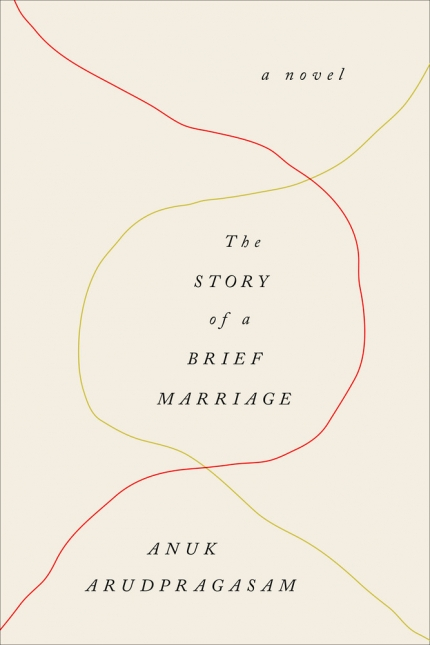
The Punch: You grew up in Colombo and must have seen the violence from close quarters. You have also spent time in Vanni, a part of the Northern Province in Sri Lanka which was among the areas deeply affected by the conflict. How was the process of writing this novel for you? Did this help you deal with the demons of your country’s troubled past?
Anuk Arudpragasam: In Colombo, I lived a very privileged life. At a time there were many bombs and so on, of course, the sense that such a thing could happen any time, but I never was in the vicinity of a bomb and so I never saw any of the mangled and bloody bodies that you see when you do an image search online for the Sri Lankan war. I’d grown up seeing images of the war, of course, in the newspapers and on the TV, but when I came into contact with the photos and videos from 2008 and 2009 the level of violence was very much a shock to me, so yes, writing was a way of dwelling on this violence, though perhaps “dealing with it” is not the right way to put it, since it suggests a solution can be found, when no solution can ever be found, personal or social, for the senseless killing of so many thousands of people.
The Punch: Considering it is your first novel, did you have to work on the novel’s form and structure? How crucial was its span?
Anuk Arudpragasam: It came very naturally to me. I edited a lot, but less in terms of form and structure than at the level of single sentences.
The Punch: You are a student of philosophy. Did this make it easier to write about Dinesh’s philosophical moorings and musings? Does he have a parallel with your own experience of war?
Anuk Arudpragasam: Being trained in so-called analytic philosophy, the specific tradition of Western philosophy that American and English universities engage with, helps provide conceptual tools that allow for a certain clarity when trying to describe inner states. So this education has provided a certain rigor in how I think about what I do as a writer, but I’m not sure it has helped me write about the mind as such, since analytic philosophy is not very interested in phenomenology or introspective psychology in and of themselves. When it comes to thinking and writing about the inner life, it has been European modernist novelists like Robert Musil and Proust that have been most helpful to me.
The Punch: Tell us something about your literary influences and the authors and books you keep revisiting?
Anuk Arudpragasam: The novels I’ve kept returning to are all European novels, often Central European novels, from the 20th century. Proust’s great modernist novel, and Musil’s Man Without Qualities, as well as the latter’s early, denser, more introspective writings. The writing I like best from the later parts of the twentieth century too tends to be very discursive, very ruminative, writing which concentrates so much on the inner states of its characters that the external world seems to fall away in a sense: Nathalie Sarraute, Thomas Bernhard, Peter Handke, W. G. Sebald, Peter Nadas. More recently, I’ve been reading a lot of Javier Marias and Laszlo Krasznahorkai.
The Punch: What hopes do you have from Sri Lanka of today? Has it come to terms with the ravages and burdens of the past? Has there been a closure? What role do you see it playing in the geopolitics of South Asia?
Anuk Arudpragasam: I have very few hopes of Sri Lanka, as I have very few hopes also of India or Pakistan or Bangladesh or the United States or Japan. I have hopes for my own life, for the lives of my family and friends, and for the lives of members of my community, but it feels a little naive to have hopes or expectations when it comes to nation states.
The Punch: Who are the writers from Sri Lanka who are writing in Tamil today whose voices need to be heard by readers, especially those who are familiar with the Sri Lanka story largely through what they have read in English?
Anuk Arudpragasam: I don’t know any Sri Lankan writing in Sinhalese. Of the few Sri Lankan Tamil writers I have read — I have only been reading Tamil literature for a few years, and for some reason I have tended to read more writers from Tamil Nadu — I have gotten much from Cheran, and Dominic Jeeva, and Shobasakthi.
The Punch: Have you yet got a chance to read others on the shortlist for the DSC Prize for South Asian Literature? Would you name some of the Indian writers you admire?
Anuk Arudpragasam: I haven’t had a chance to read anybody else from the shortlist, unfortunately, nor am I able to suggest any Indian writers who write in English. English literature, whether produced in England, the US, India, or other former colonies, is largely uninteresting to me. I try to read no more than one book written in English a year, and even that is often a duty or a chore. Of Indian writers writing outside English, my favorite is Pudhumai Pithan, though I’m not sure he has or can be translated well into English.
More from The Byword
Comments
*Comments will be moderated




